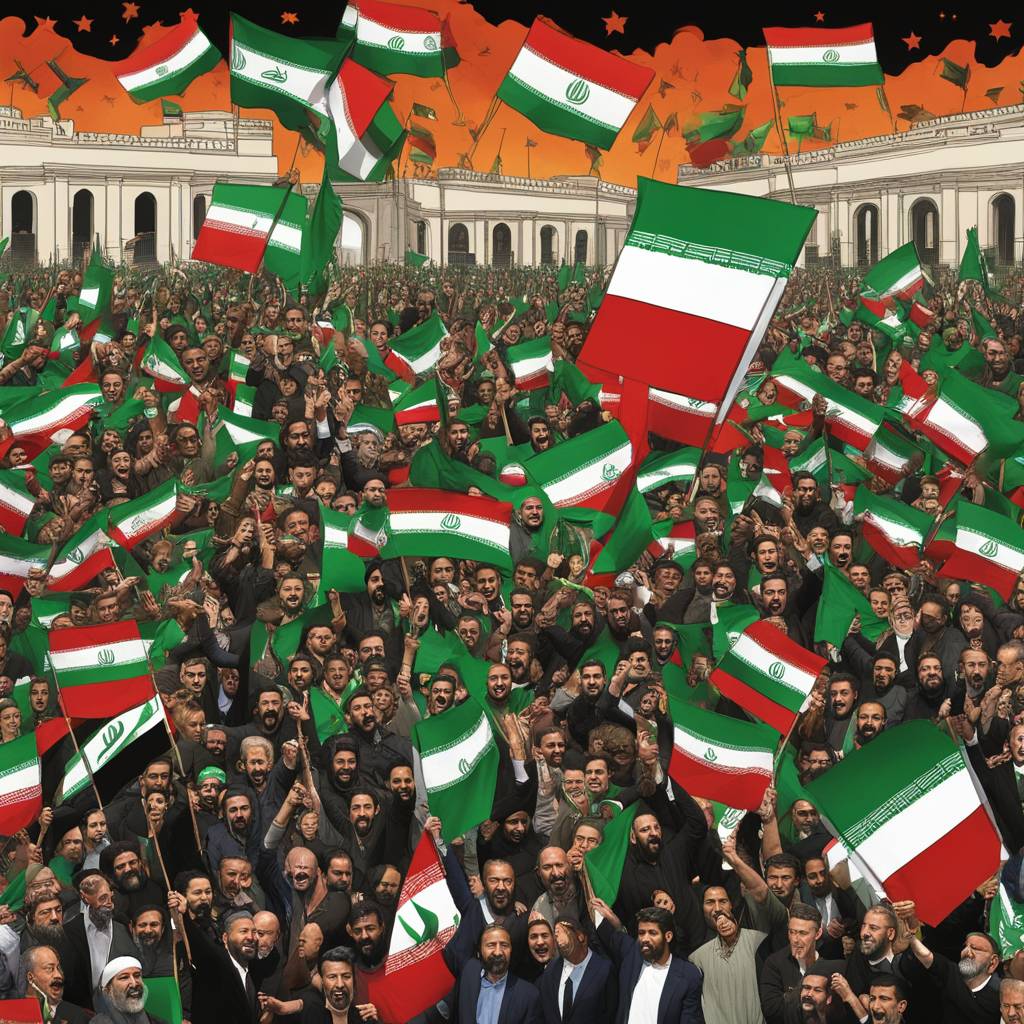Hamas leadership recently met with their Iranian counterparts in a highly publicized engagement, seemingly to promote and praise the United Nations Security Council resolution urging a cease-fire between Israel and Palestine. Ismail Haniyeh, head of Hamas, held a press conference with Iranian Foreign Minister Hossein Amir-Abdollahian, where they praised the U.N. resolution as a significant blow to Israel’s political and military goals. Haniyeh also met with Iranian Supreme Leader Ayatollah Ali Khamenei to discuss ongoing conflicts and the Palestinian issue. Khamenei praised the “resistance groups” for their resilience, marking the second time Haniyeh has engaged with Iranian leadership since the Oct. 7 attack.
The U.S. decision to abstain from voting on the Security Council resolution allowed the motion to pass, angering Israeli officials and leading to the cancellation of a high-level delegation to Washington, D.C. The abstention was seen by Israeli Prime Minister Benjamin Netanyahu as damaging to Israel’s position and efforts to combat Hamas and obtain the release of hostages. Former U.S. Ambassador to Israel David Friedman criticized the move, stating that it gave Hamas a diplomatic victory and did not condemn the group or make a cease-fire conditional upon the release of hostages. Iranian outlets close to the Supreme National Security Council characterized the U.N. resolution as a “diplomatic triumph” for Hamas, further claiming that Israel’s outrage indicated a defeat on the world stage.
Amir-Abdollahian claimed that the U.N. resolution showed that even America and its allies believed that eliminating Hamas was an unachievable goal. Iran has been a strong supporter of Hamas since its founding, providing financial and strategic assistance and some have labeled Hamas as a proxy force for Iran. Initial reports suggested that Iran had helped train Hamas fighters for the Oct. 7 attack, but little evidence was found to support this claim, and Iran distanced itself from Hamas in the early stages of the conflict. The relationship between Iran and Hamas has historically been significant, with Iran playing a key role in supporting the group.
The meeting between Hamas and Iranian leadership comes amidst ongoing conflicts between Israel and Palestine, with tensions escalating in recent weeks. The U.N. Security Council resolution urging a cease-fire was seen by Hamas and Iran as a victory, while Israeli officials viewed the U.S. abstention as damaging to their efforts to combat Hamas and secure the release of hostages. The backlash from Israel and criticism from former U.S. Ambassador Friedman highlight the complexities of the situation and the differing perspectives on the resolution’s impact. Moving forward, the relationship between Iran, Hamas, and the international community will continue to shape the dynamics of the conflict.
The engagement between Hamas and Iranian leadership serves to highlight the ongoing complexities of the conflict in the Middle East and the various actors involved. The U.S. decision to abstain from voting on the U.N. resolution has sparked controversy and criticism from Israeli officials, who view it as detrimental to their efforts to combat Hamas. The relationship between Iran and Hamas has historically been significant, with Iran providing support to the group. The aftermath of the Security Council resolution underscores the challenges of achieving a lasting peace in the region and the differing interpretations of the resolution’s impact on the conflict. Ongoing diplomatic efforts will be crucial in addressing the root causes of the conflict and seeking a resolution that addresses the needs and concerns of all parties involved.













